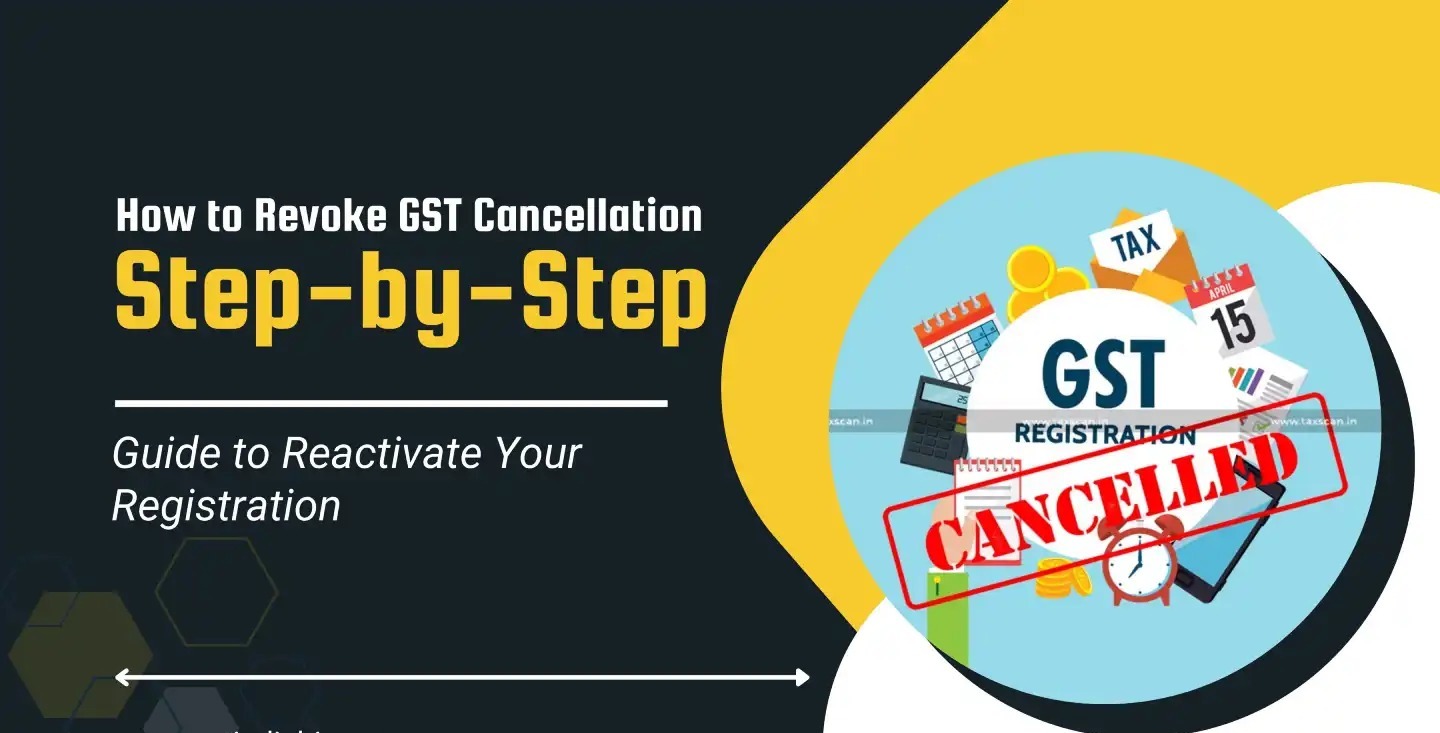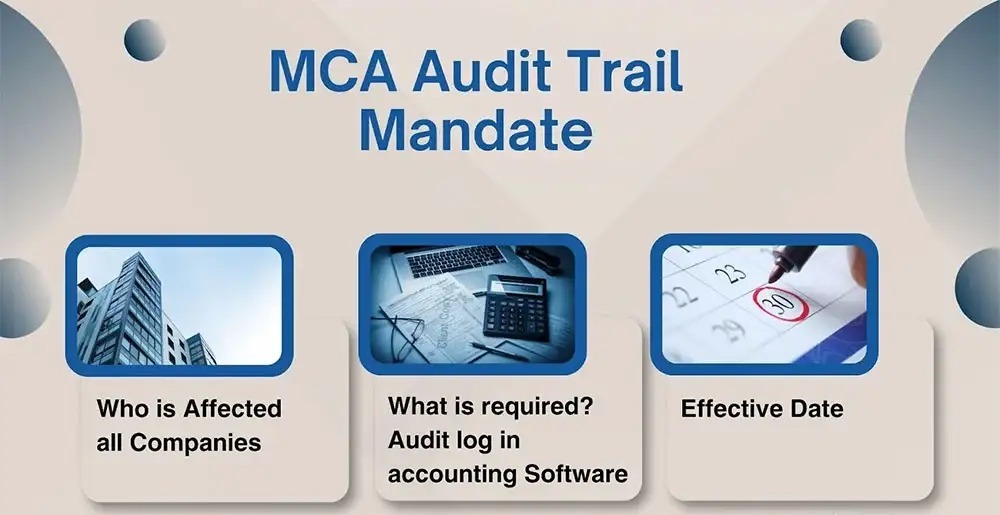@JUDGMENTTAG-ORDER
T. Sudanthiram, J.@mdashThis petition has been filed to quash the proceedings pending against the Petitioner herein in C.C. No. 781 of 2005, on the file of the learned Judicial Magistrate-I, Erode, for an offence u/s 420 IPC.
2. The learned Counsel appearing for the Petitioner submitted that the facts stated in the complaint constituted an offence u/s 420 IPC. The learned Counsel further submitted that it is alleged in the complaint only that on 14.05.2005, the Petitioner purchased the goods worth about Rs. 22,306/- and the goods were delivered on 14.05.2005 and the Petitioner herein made an undertaking to pay the value of the goods within 24 hours. It is further averred in the complaint that the complainant sent his staff Sivakumar to collect the amount, but the amount was not paid, which necessitated the Respondent to issue a demand notice and it was replied by the Petitioner.
3. The learned Counsel appearing for the Petitioner submitted that the allegation made in the complaint is arising only out of business transaction and the disputed question of repayment has to be resolved only by the court of civil jurisdiction. The learned Counsel appearing for the Petitioner further submitted that there is no whisper in the complaint that at the very inception of the contract, there was any intention to cheat.
4. I have also heard the learned Counsel appearing for the Respondent. It is submitted by the learned Counsel appearing for the Respondent that it is not a case of purely a civil nature, since the Petitioner had denied the total transaction itself and thereby denying the liability in toto.
5. The learned Counsel appearing for the Petitioner relied on the decisions of the Honourable Supreme Court reported in Uma Shankar Gopalalika v. State of Bihar and Anr. (2005) 10 SCC 336) , wherein it has been held that "it is well settled that every breach of contract would not give rise to an offence of cheating and only in those cases breach of contract would amount to cheating where there was any deception played at the very inception. If the intention to cheat has developed later on, the same cannot amount to cheating. In the present case it has nowhere been stated that at the very inception there was any intention on behalf of the accused persons to cheat which is a condition precedent for an offence u/s 420 IPC."
6. This Court feels that whether the ratio found in the above referred case can be applied to the case of the Petitioner. On a perusal of the complaint filed by the Respondent, it is found in paragraph-7 that " the accused had the intention to cheat the complainant from the inception and by deceit the accused managed to take goods worth Rs. 22,324/-."
7. It is further stated in paragraph-8 of the complaint that "the complainant issued notice to the accused and called upon to pay the balance sum on 16.06.2005. But the accused sent a reply denying the purchase; payment etc., in effect the accused disowned his liability. Another manifestation of this intention to cheat and make a wrongful gain. The communications referred are filed herewith."
8. Therefore, though this Court accepts that every breach of contract would not give rise to an offence of cheating and only in those cases, the breach of contract where there is any deception played at the very inception; in this particular case, this Court feels that the total denial of the transaction itself gives room to make an inference that any deception could have been played at the very in-ception. If there could have been any deception played at the very inception, the offence of cheating is made out. As such, I feel that whether there was any deception being played at the very inception or not, is the matter to be decided by the trial court.
9. In the result, this petition stands dismissed accordingly. Consequently, Crl.M.P. No. 1781 of 2006 is closed.

